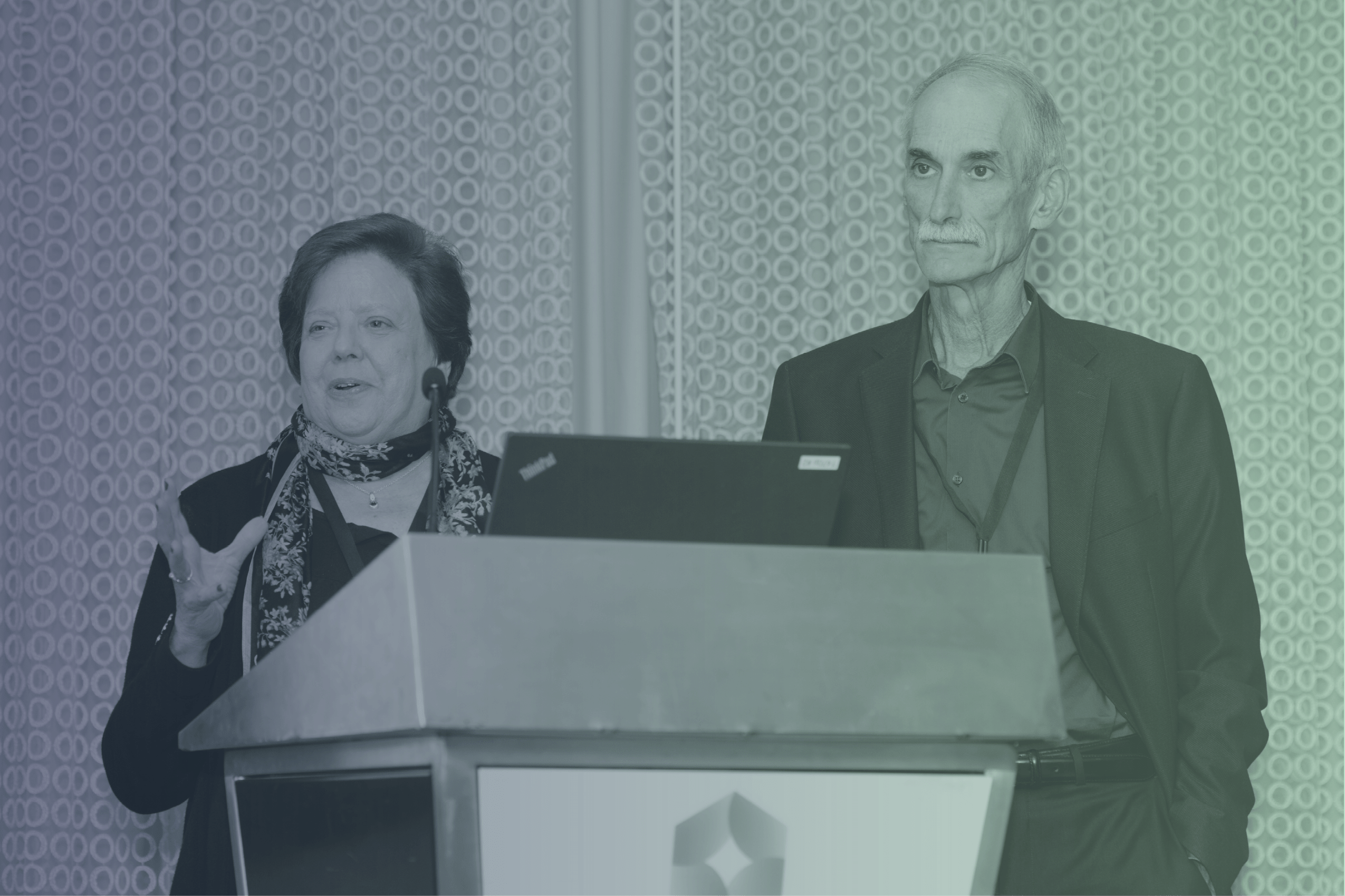The IMPACT-AD course is offered once per year.
FAQs
Is US citizenship required for submission of an application?
IMPACT-AD is funded in-part by the National Institutes of Health and is currently offered only to U.S–based researchers.
Once you attend the course, will you be able to apply/attend again?
Some participants in the professional track may be eligible to apply to a future iteration of IMPACT-AD in the fellowship. In general, however, we recommend only taking the course once.
If the course occurs in person, are the costs of the course and travel expenses covered?
IMPACT-AD is funded by the National Institutes of Health and the Alzheimer’s Association. Limited positions are available for trainees. The cost of the course and travel expenses are covered by IMPACT-AD for all accepted trainees.
What steps are taken to ensure an ongoing sense of community for course alumni?
All IMPACT-AD alumni are immediately eligible to join the IMPACT-AD alumni network, which provides exclusive access to the private IMPACT-AD LinkedIn page, as well as the course mailing lists. The course leadership is committed to providing additional opportunities for in–person and virtual networking opportunities.
What advice do you have on determining appropriate Letter of Recommendation writers for the course?
We suggest that you look for a mentor to provide a strong letter of recommendation and to speak to several important aspects:
- your abilities as an ADRD trialist,
- your potential in the field moving forward, and
- the opportunities available to you in ADRD trials.
When appropriate, letters should confirm your availability commit the time needed to attend the course. Co-letter writers are permitted.
Are there restrictions on what type of trial can be submitted for an IMPACT-AD Fellowship track application?
Applicants should submit an ADRD trial synopsis. Interventional studies (compared to observational studies) have been consistently better received by the IMPACT-AD review committee.
What are the eligibility requirements for submitting an application to the course?
The only requirements are current US residence, strong interest in ADRD trials, and a desire to learn.
What stage of career is encouraged to apply, for either track?
For the Fellowship track, applicants should be early-stage faculty or fellowship stage. Graduate trainees have also previously been accepted. For the Professionals track, you can be in any stage of your career, so long as you demonstrate a clear commitment to ADRD clinical trials.
How should applicants decide whether they should apply to the Fellowship track or the Professionals track?
Investigators who have a specific interest in trial protocol development and serving as trial principal investigators are appropriate for the Fellowship track. Clinical trial team members from a variety of roles (clinicians, coordinators, psychometricians, regulatory specialists, etc.) who demonstrate commitment to working in the field and are eager to increase their knowledge and understanding of ADRD trials are appropriate for the Professionals track.
What if my protocol synopsis looks like a former trainee? Will that disqualify me?
All IMPACT-AD protocol synopses are expected to be original work written by the applicant. Protocol synopsis written by an applicant’s mentor will not fare as well as an original trial proposal. Similarities to other ADRD clinical trials is acceptable so long as the proposed trial is novel in some form.
Is it OK to submit a proposal that is concurrently being submitted/reviewed at NIH?
For the Fellowship track, we request that your protocol has the opportunity to change if you participate in the course. One of the main missions of the Fellowship track is to provide mentoring on the development of the submitted protocol.
Will a pilot study be viewed favorably?
A pilot trial is absolutely acceptable.
Should I have a sponsor for the study before I apply?
The synopsis form is borrowed from ACTC, and therefore includes a place for information about a sponsor. Nonetheless, considering the role of sponsor is good for anyone developing a trial. This could include considering IND needs, as well as where the supply of the intervention will come from.











